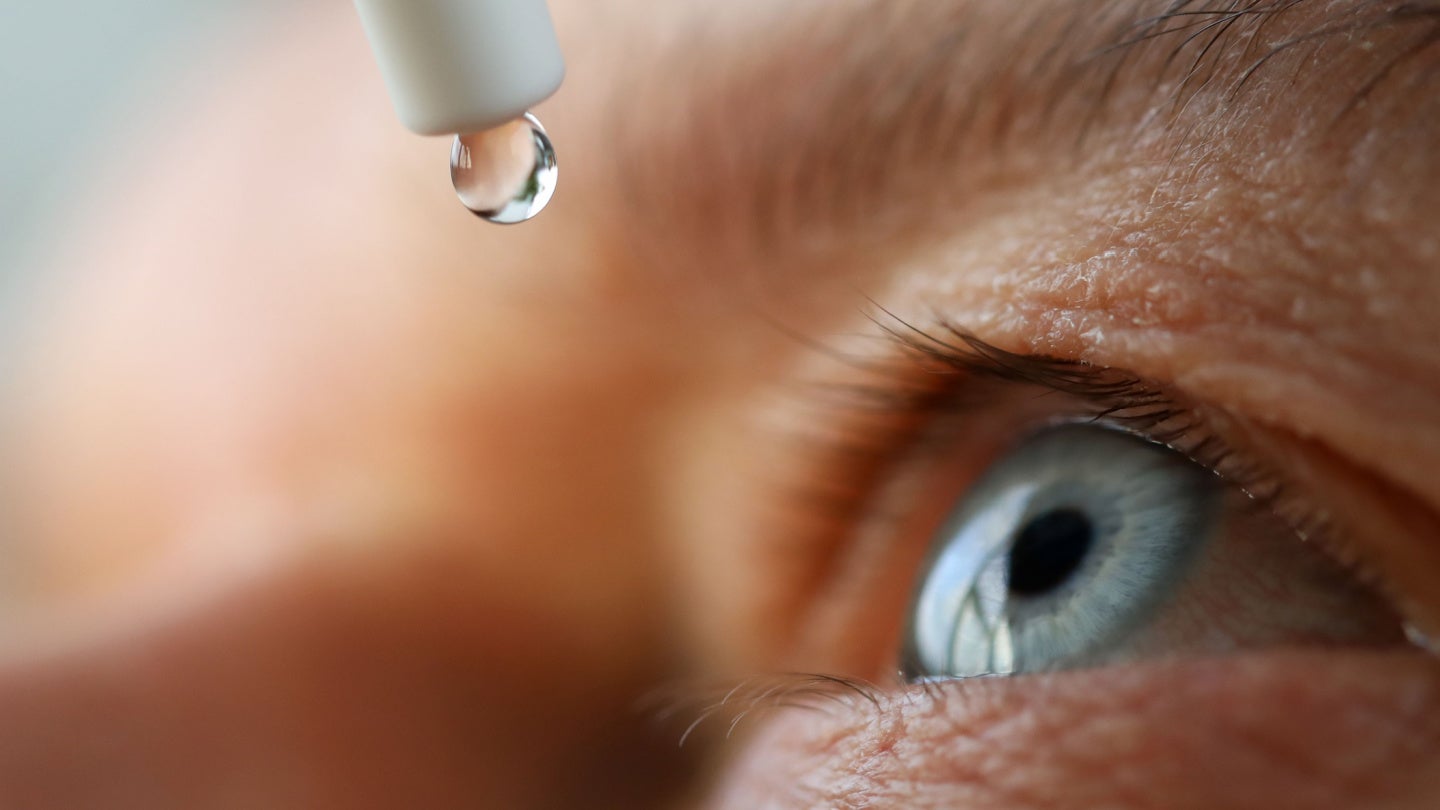
OKYO Pharma has screened the first patient in its Phase II trial of OK-101 ophthalmic solution to treat patients with dry eye disease (DED).
The multi-centre, randomised, double–blinded, placebo-controlled trial will assess OK-101’s efficacy and safety in the targeted patients.

Discover B2B Marketing That Performs
Combine business intelligence and editorial excellence to reach engaged professionals across 36 leading media platforms.
It aims to include around 240 DED patients, who will be randomly split into three cohorts of 80 subjects.
One of the three cohorts will receive a placebo while the second and third cohorts will be treated with a low dose and a higher dose of OK-101, respectively.
During the trial, both the drug and placebo will be applied to the patient’s eyes twice a day for 12 weeks.
A patient will be treated for around 14 weeks, which involves a two-week run-in period and a treatment period of 12 weeks.

US Tariffs are shifting - will you react or anticipate?
Don’t let policy changes catch you off guard. Stay proactive with real-time data and expert analysis.
By GlobalDataThe trial’s primary endpoints are total corneal fluorescein staining and ocular discomfort score.
Its secondary endpoints are fluorescein staining by region, conjunctival redness, lissamine green staining by region and Schirmer’s test.
OKYO Pharma CEO Gary Jacob said: “The initiation of this trial of topically applied OK-101 to treat dry eye disease marks a significant step for the company as we have been laser-focused on moving this drug candidate into clinical trials over the last 18 months.
“Importantly, this first clinical study is designed to include pre-specified primary efficacy endpoints which are the hallmark of Phase III registration trials and the results from this trial are anticipated before the end of this year.
“The drug has been shown in pre-clinical studies to have potent anti-inflammatory and neuropathic corneal pain activities, and we are eager to evaluate its potential benefits in the clinic.”





